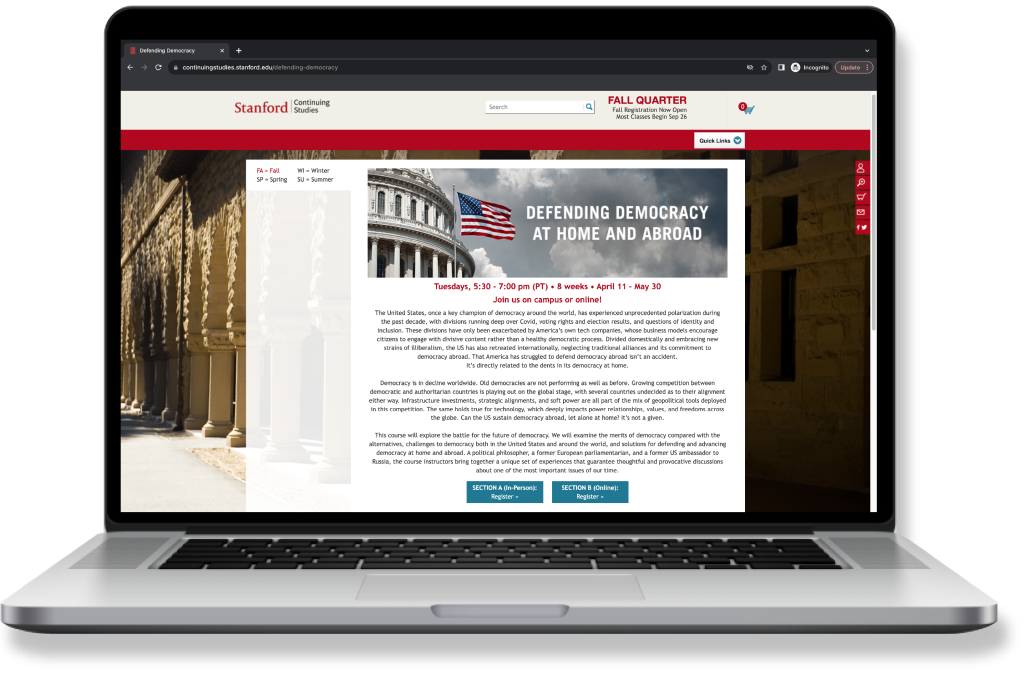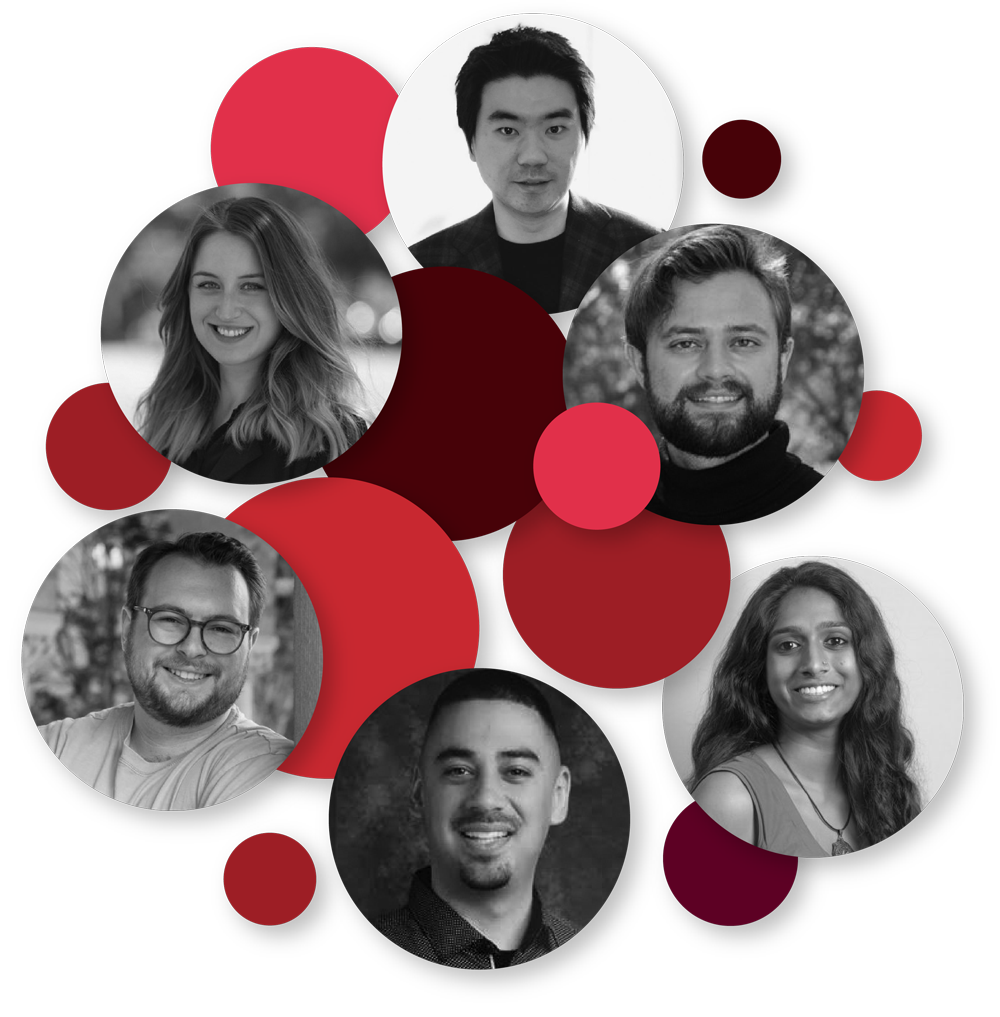Stanford PACS 2023: Summer Progress Report
The first half of 2023 brought tremendous opportunities for the Stanford PACS community to investigate, learn, connect, and share knowledge across a remarkably broad range of areas within and across global philanthropy and civil society.
In March, the Philanthropy Innovation Summit, our signature event for individual and family philanthropists, reconvened at Stanford, bringing a welcome and vibrant return to in-person connection in the spirit of learning and taking action with purpose. Along with Stanford Social Innovation Review’s best-in-class conferences and a host of other informative and educational events, we connected more than 12,500 practitioners, scholars, leaders, and students with new knowledge, networks, and opportunities.
Our labs, faculty, and scholars continue to shape the field through cutting-edge research and thinking. Through a host of publications, speaking appearances, articles, interviews, and podcast appearances, our community is sharing expertise and perspectives at the broadest and highest levels—including the White House.
In June, Faculty Co-Director Rob Reich was part of a small cohort of experts and leaders who met with President Biden to discuss the current and future risks of AI and the need for meaningful and effective regulation. This spring, Faculty Co-Director Robb Willer and other scholars from our Polarization and Social Change Lab shared their field-leading research on political polarization with Judy Woodruff on PBS NewsHour and a host of other major media, including The New York Times (here, here, and here). Our Center also had the honor of co-hosting leaders from philanthropy, civil society, and government, including the Office of Governor Newsom, to discuss how philanthropy can support the clean energy transition and a stronger, more inclusive economy.
As we share these and other updates on Stanford PACS’ activities and accomplishments, we extend our gratitude to our many partners, supporters, and community members for making this work possible. From our academic research and public outreach to our global convenings and high-level summits, the impact of our collective efforts remains profound.
Stanford PACS by the Numbers
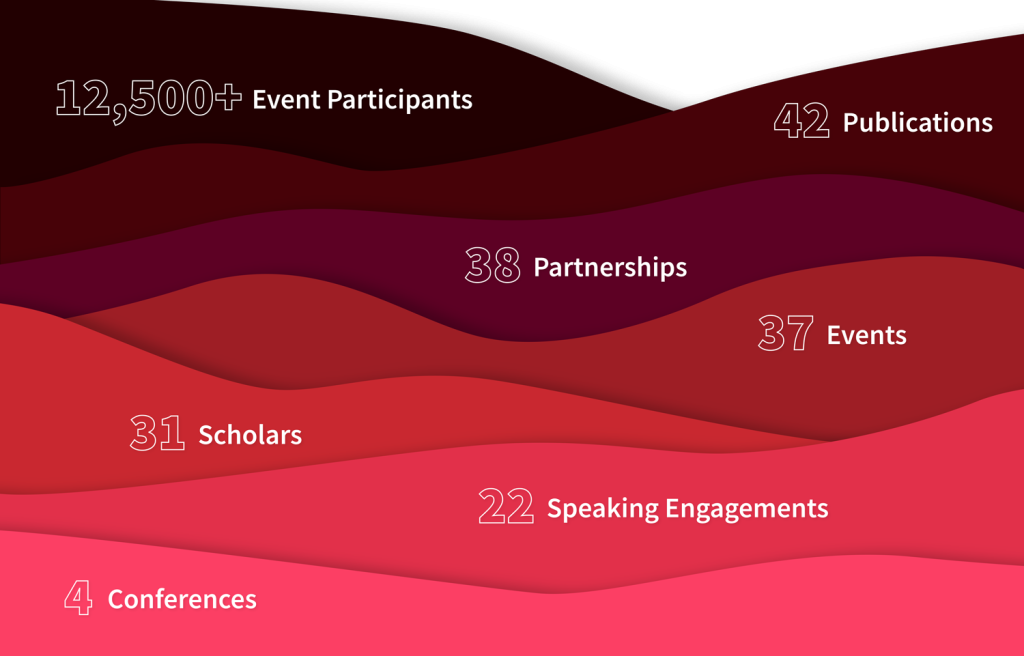
2023-24 Cohort of Fellows
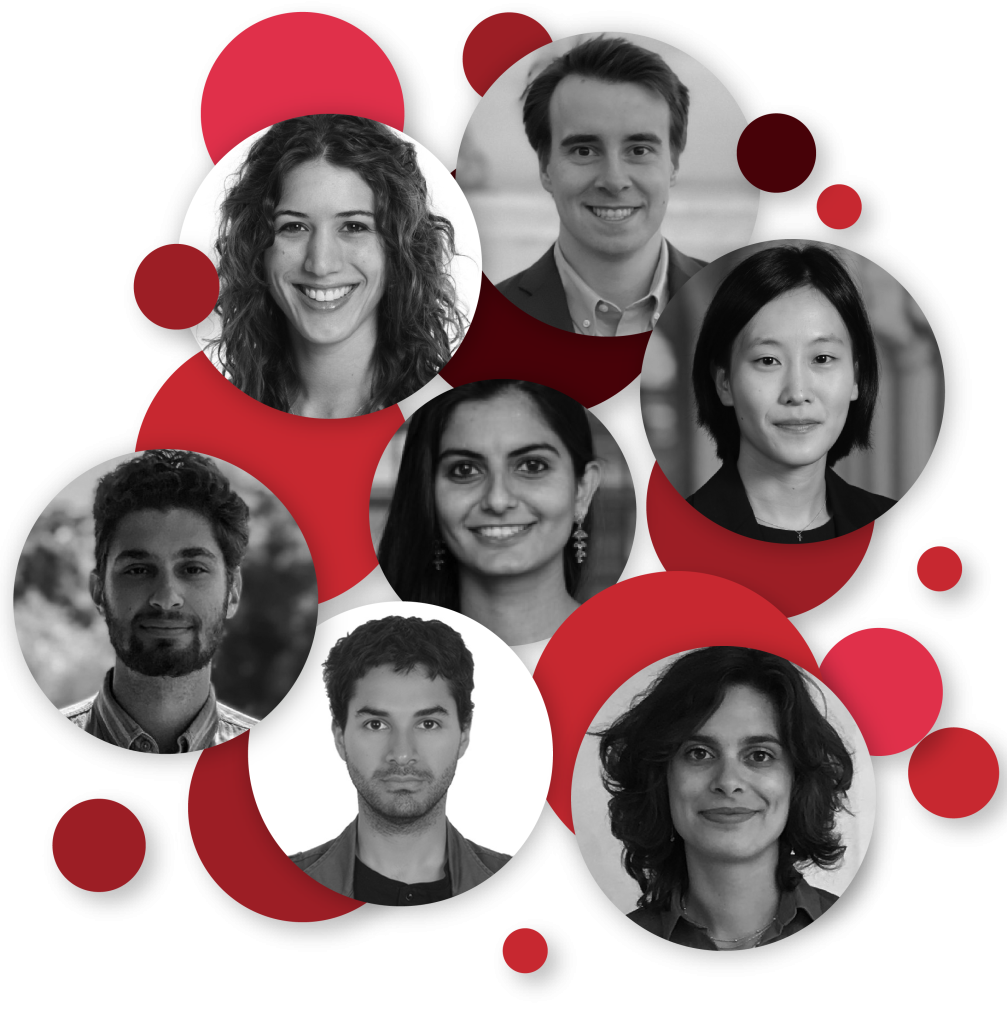
5 Practitioner Fellows
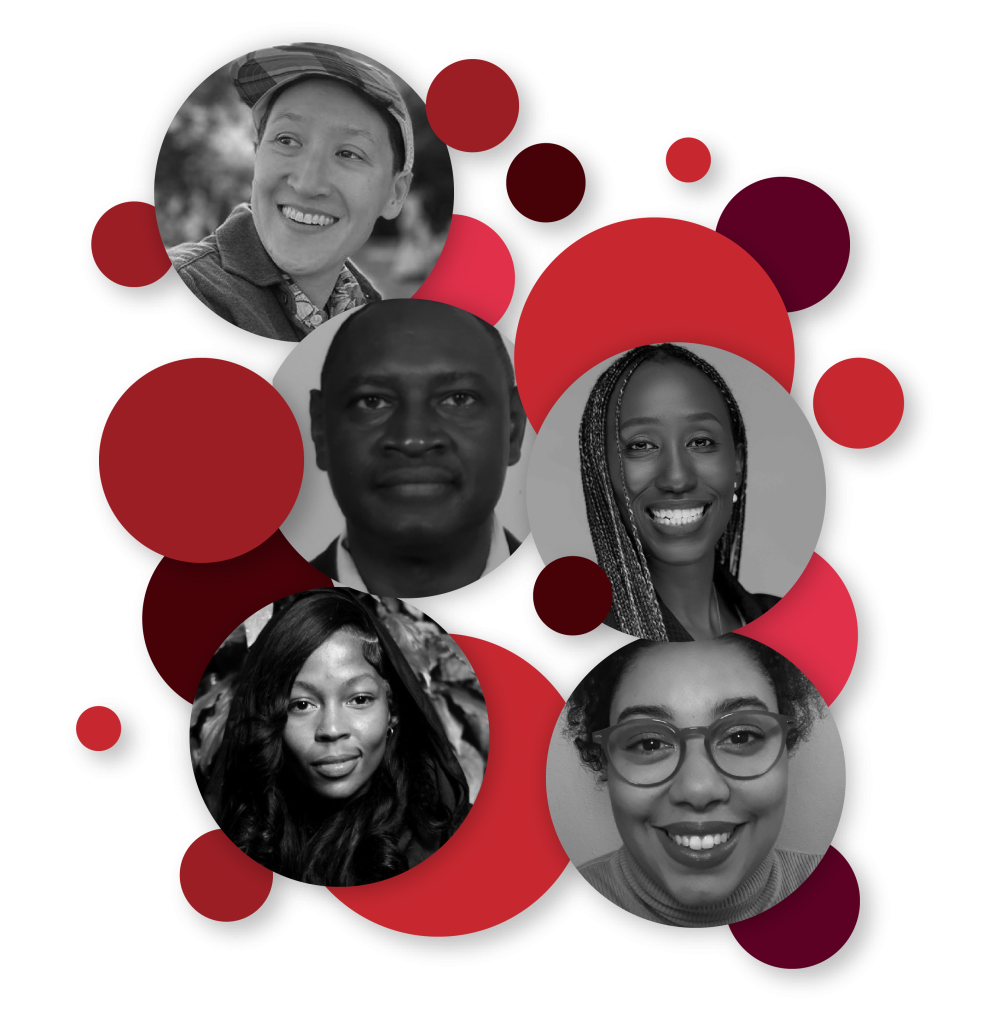
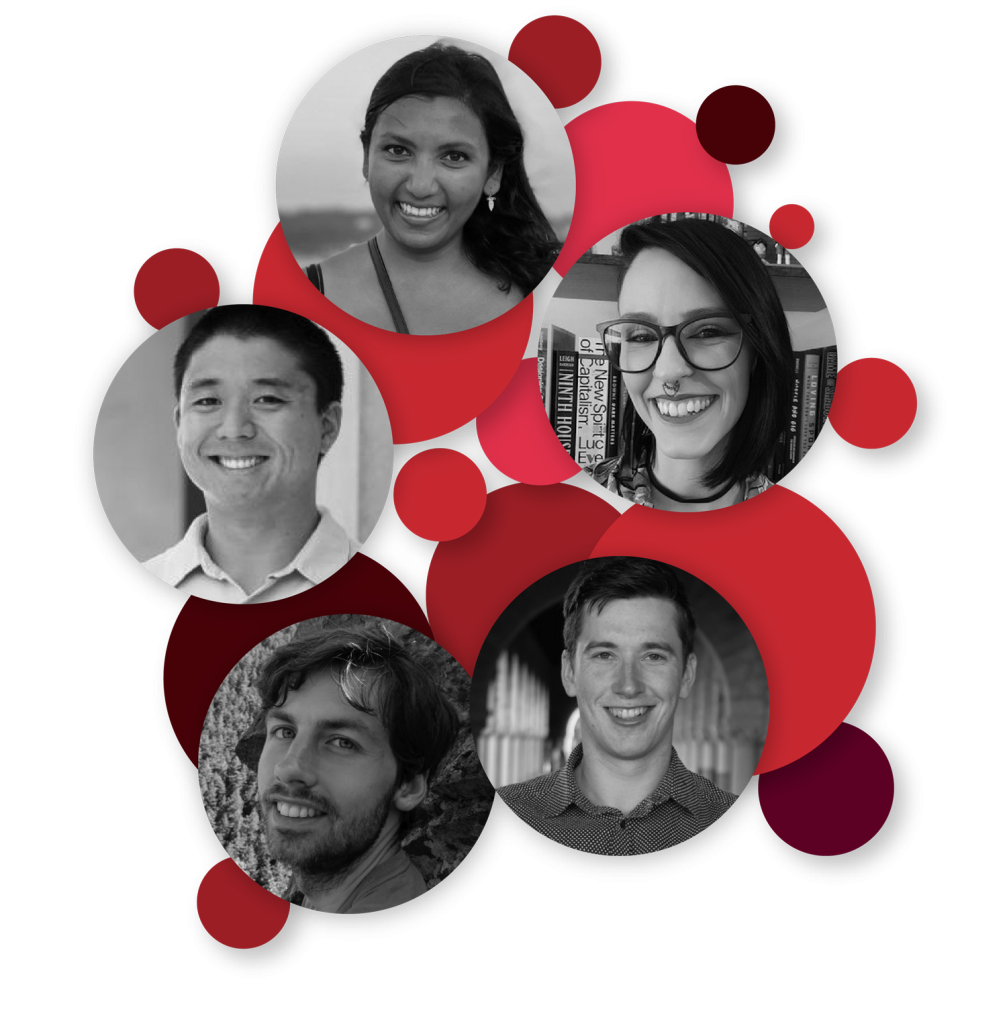
5 Postdoctoral Fellows
Jared Furuta (GCSSDL)
Luke Hewitt (PaSCL)
Anushah Hossain (DCSL)
Karina Rider (DCSL)
Jonas Schone (PaSCL)
1 Visiting Scholar
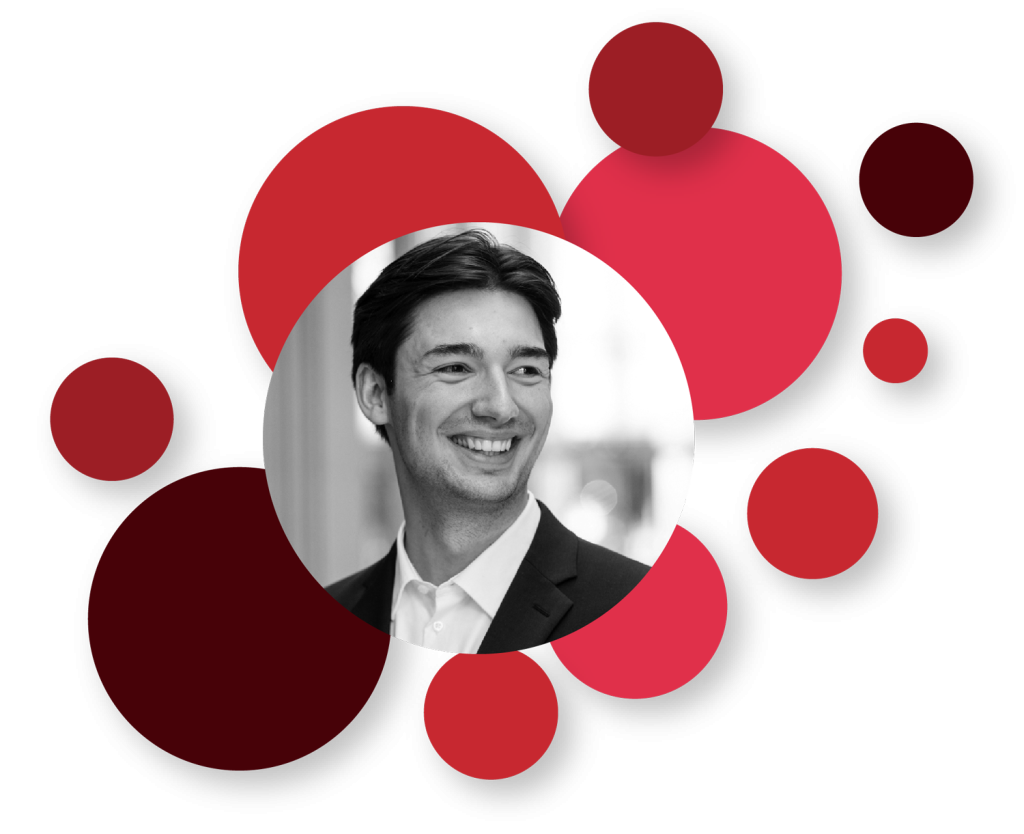
Small Grant Recipients
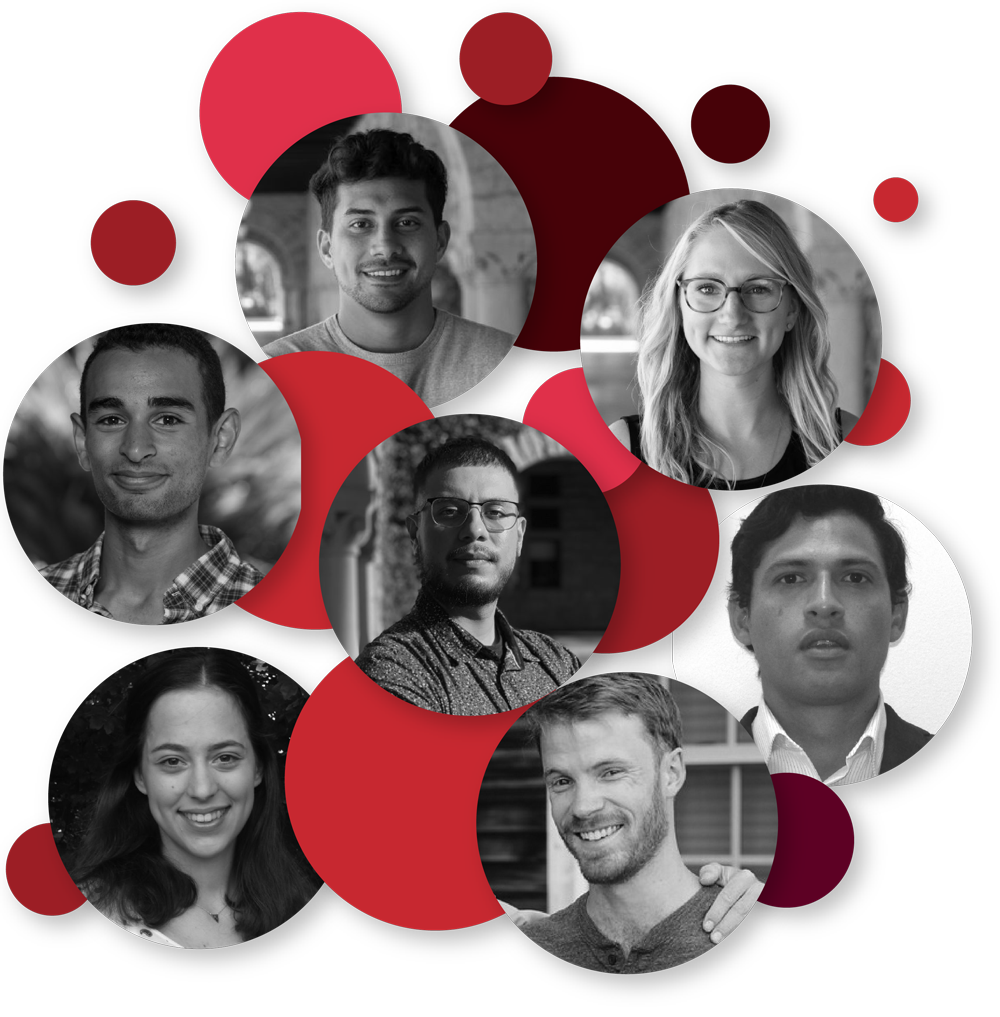
Stanford Social Innovation Review

Celebrating 20 Years of Thought Leadership in Social Innovation
Stanford Social Innovation Review’s Spring 2023 issue celebrated its 20th anniversary as one of the world’s leading sources for research and practice-based knowledge in the field of social innovation. As part of a special series of anniversary essays, former PACS Faculty Director Paul Brest reflected on SSIR’s far-reaching impact as a beacon for important ideas, perspectives, and practices for the sector and society at large.
In the first quarter of 2023, SSIR’s English-language newsletter surpassed 100,000 global subscribers. SSIR’s website hosted more than 1 million unique visitors from January through June, and an additional 1 million global readers visited the digital platforms for SSIR’s six local-language editions: Chinese, Korean, Arabic, Spanish, Japanese, and Portuguese.
In the first half of 2023, SSIR engaged more than 8,600 scholars, practitioners, and leaders in social innovation through its Frontiers of Social Innovation and Data on Purpose conferences, and an array of hands-on webinars and workshops.
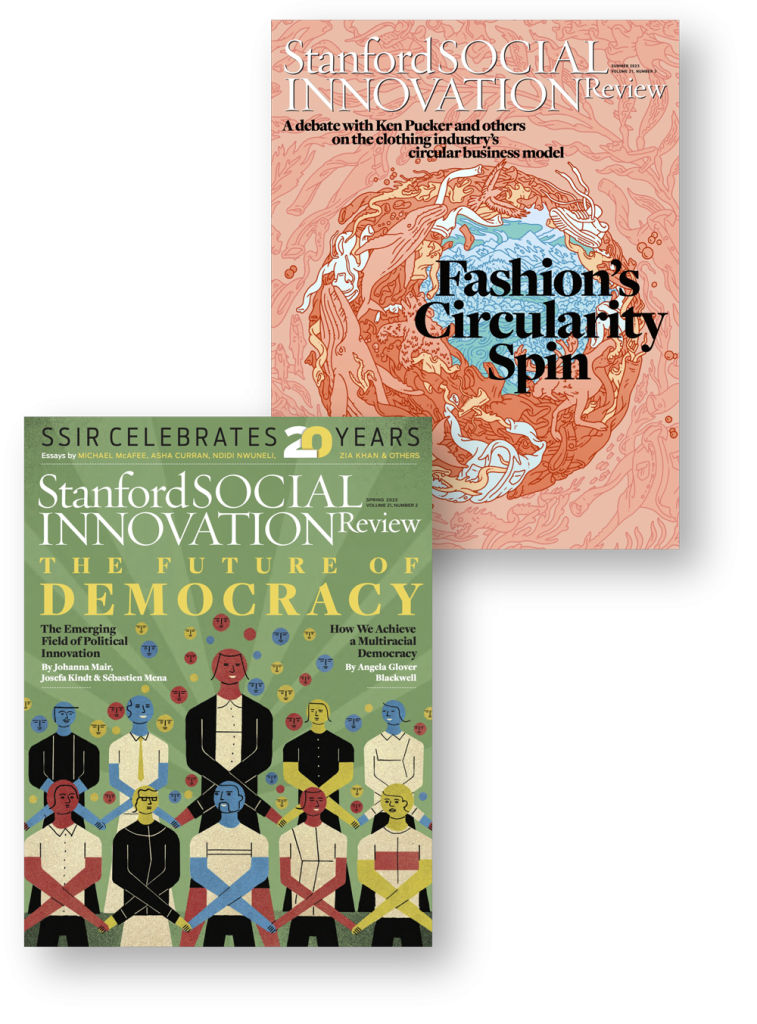

Research Highlights
The Emerging Field of Political Innovation
What happens when social innovation “joins politics”? Global Innovation for Impact Lab Co-Director Johanna Mair and colleagues conducted extensive interviews and analyzed case studies across six continents as part of their groundbreaking research into the emerging field of political innovation. Offering a fascinating look at his growing field of practice, their research article, published via SSIR, stands as an important contribution to our understanding of the current and future state of politics, civil society, and social innovation.
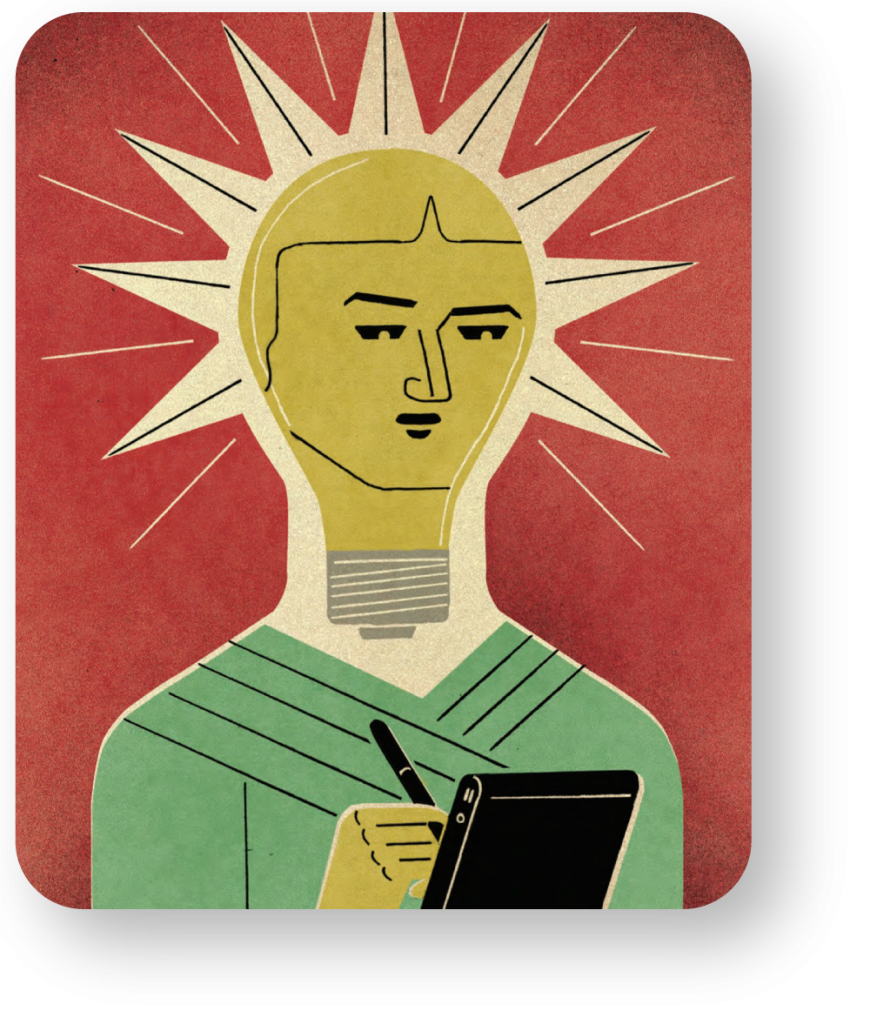
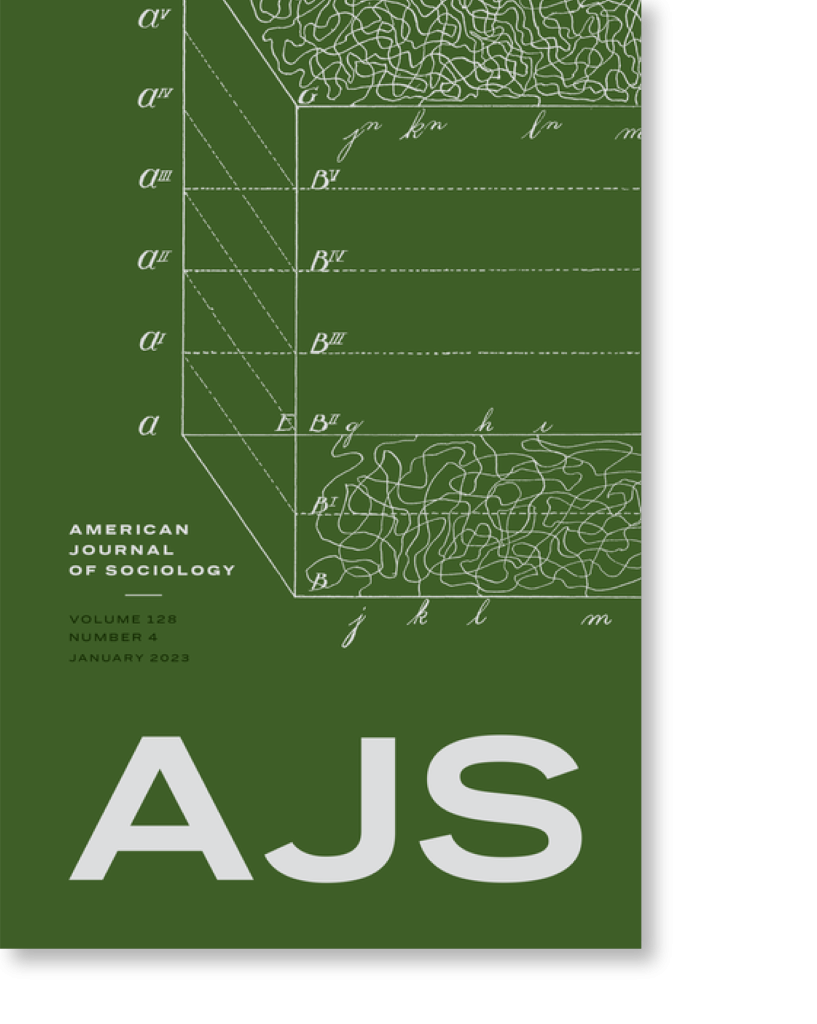
Nonprofits, Going Above and Beyond
As a postdoctoral fellow with our Civic Life of Cities Lab, Aaron Horvath has studied how nonprofit organizations have responded to external demands for accountability and transparency, such as tax filings for government and evaluations for funders. In January, Aaron published his research on organizational supererogation—drawing on analysis of more than 200 Bay Area nonprofits—showing how nonprofits went above and beyond external accountability obligations in locally meaningful ways. Additionally, for an article in HistPhil, he explained how civic organizations have repurposed unwelcome evaluative practices in ways that underscore their own long-standing commitments to accountability.
How History Textbooks Are Teaching Climate Change
New research conducted by Faculty Co-Director Patricia Bromley and PhD student Hannah D’Apice of our Global Civil Society & Sustainable Development Lab reveals how U.S. history textbooks used in the country’s two most populous states emphasize controversy rather than scientific consensus around climate change. Drawing on their review of 30 textbooks used in schools throughout California and Texas, Patricia and Hannah shared highlights from the study with Stanford News.
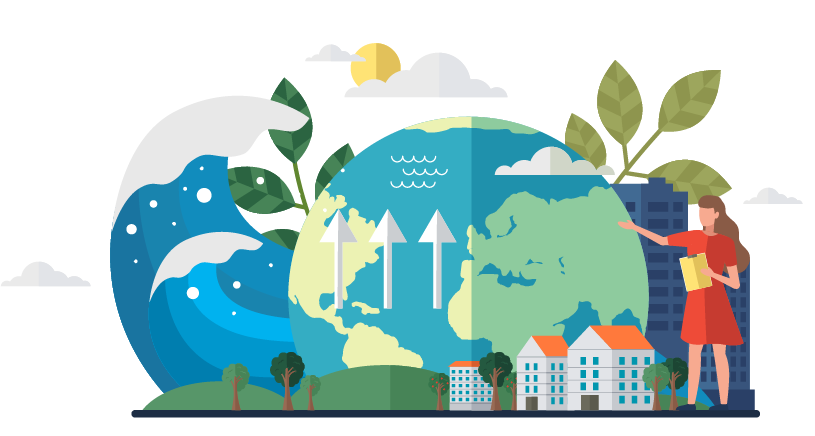
Publications

Professions and Wealth: The Philanthropy of High-Earning Professionals
Professionals in the highest paid fields—including attorneys, financiers, and physicians—are a critical but often overlooked group of donors in the United States. In order to better understand how this important group of donors views and practices philanthropy, the Effective Philanthropy Learning Initiative (EPLI) conducted more than 80 interviews with high-earning professionals in a range of fields across the U.S. The EPLI’s resulting report shows many commonalities, but also some intriguing differences between groups, offering a unique look at a vital segment of American philanthropy.
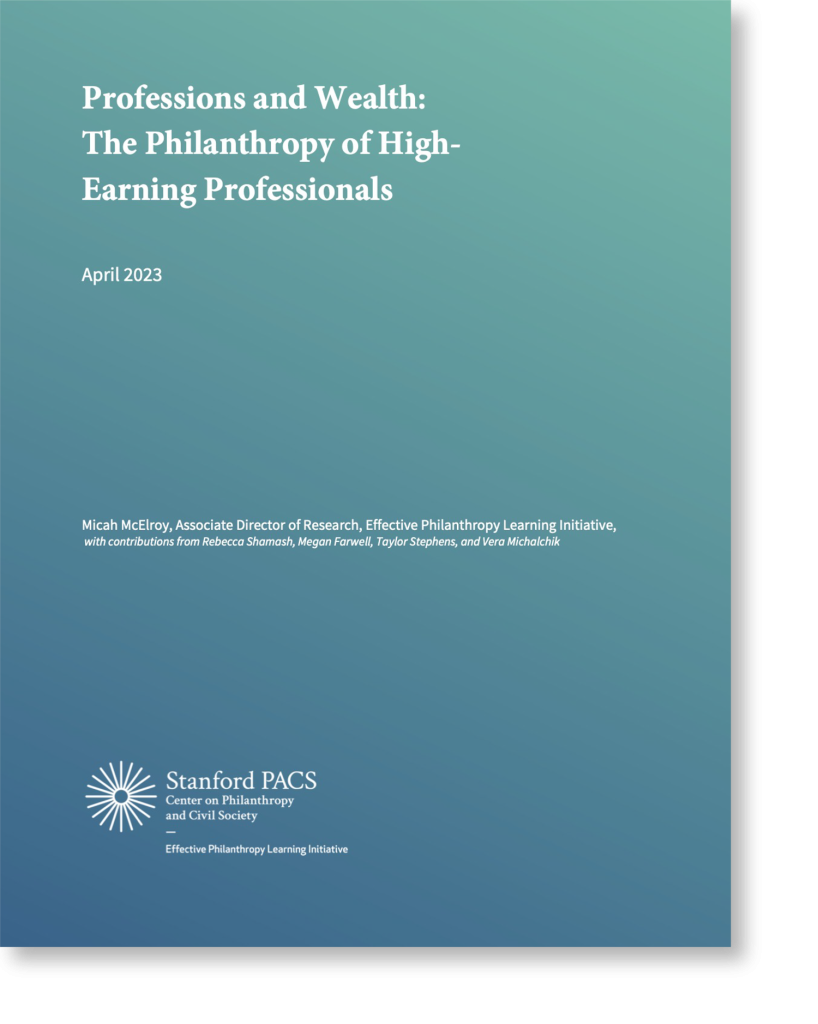
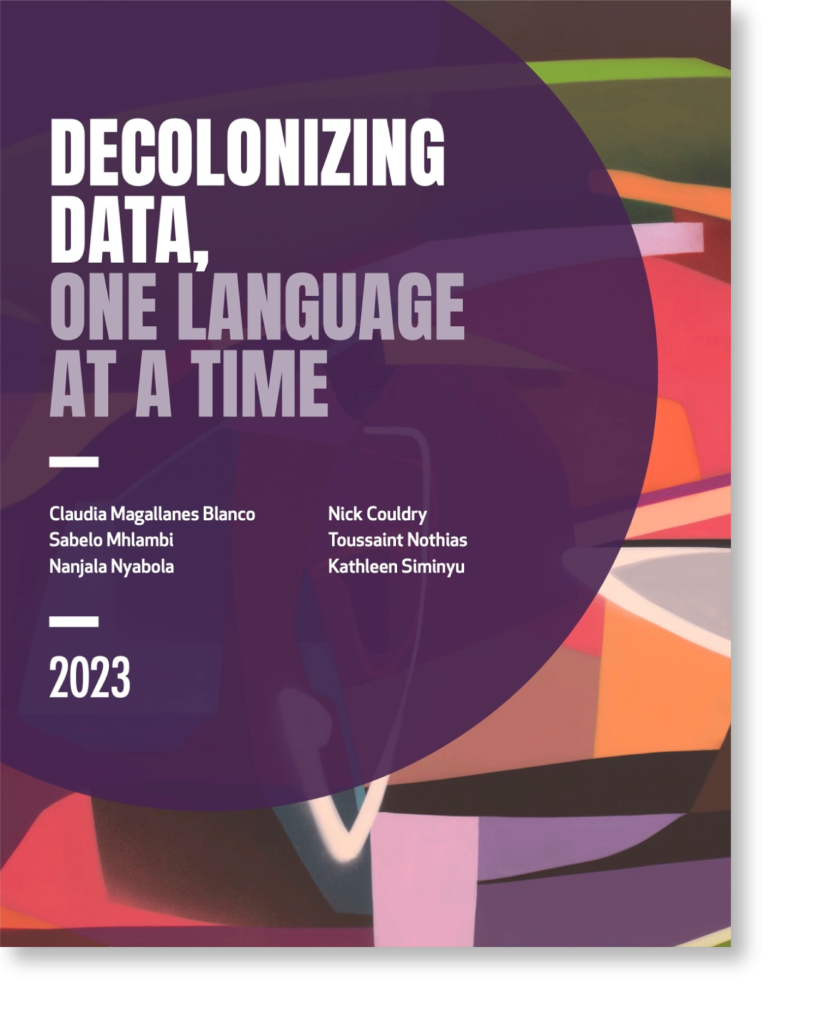
Decolonizing Data, One Language at a Time
The Digital Civil Society Lab (DCSL) published a new booklet, Decolonizing Data, One Language at a Time, exploring how community-led projects around the world seek to respond to language gaps in our digital ecosystem. Released simultaneously in English, Spanish, and Kiswahili, Decolonizing Data is the DCSL’s first multilingual publication. The booklet is based on a virtual conversation with DCSL Fellows and other experts in the field, and was produced in collaboration with the Tierra Común network.
Digital Technologies in Emerging Countries
Published by the Program on Democracy and the Internet, Digital Technologies in Emerging Countries draws on a series of workshops with leading scholars and practitioners to share comparative data on digital technology issues affecting emerging economies around the world. Edited by Francis Fukuyama and Marietje Schaake, the volume explores key issues of governance, economic development, digital colonialism, disinformation, and more.
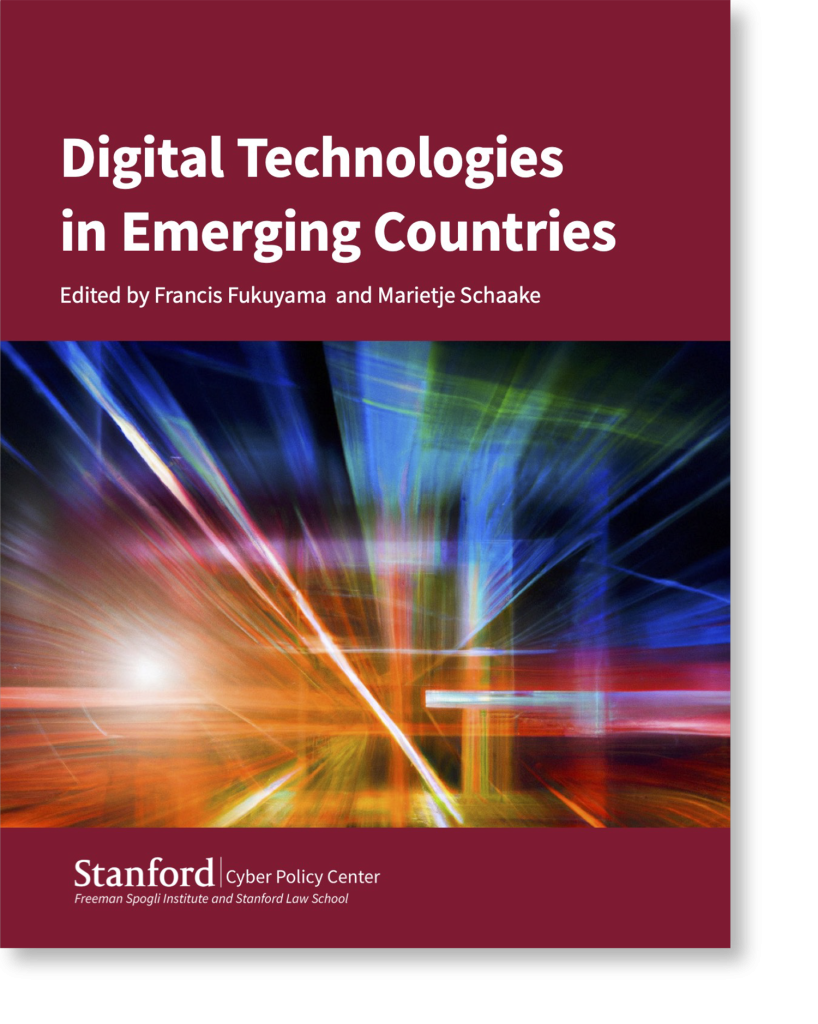

Convenings
Philanthropy Innovation Summit 2023
On March 1, nearly 300 members of the Philanthropy Innovation Summit community came together to explore new strategies and approaches to giving, connect with peers, and access tools, resources, and opportunities to create meaningful social change. The Summit featured insights from leaders in philanthropy, academia, and social impact including: José Andrés, Laura Arnold, Laura Arrillaga-Andreessen, Andrew Huberman, Van Jones, Edward Norton, Michael Pollan, Regan Pritzker, Jeff Raikes, Lauren Sánchez, Sheryl Sandberg, Mike Schroepfer, Liz Simons, Jonathan Soros, Darren Walker, Robb Willer, and many more.
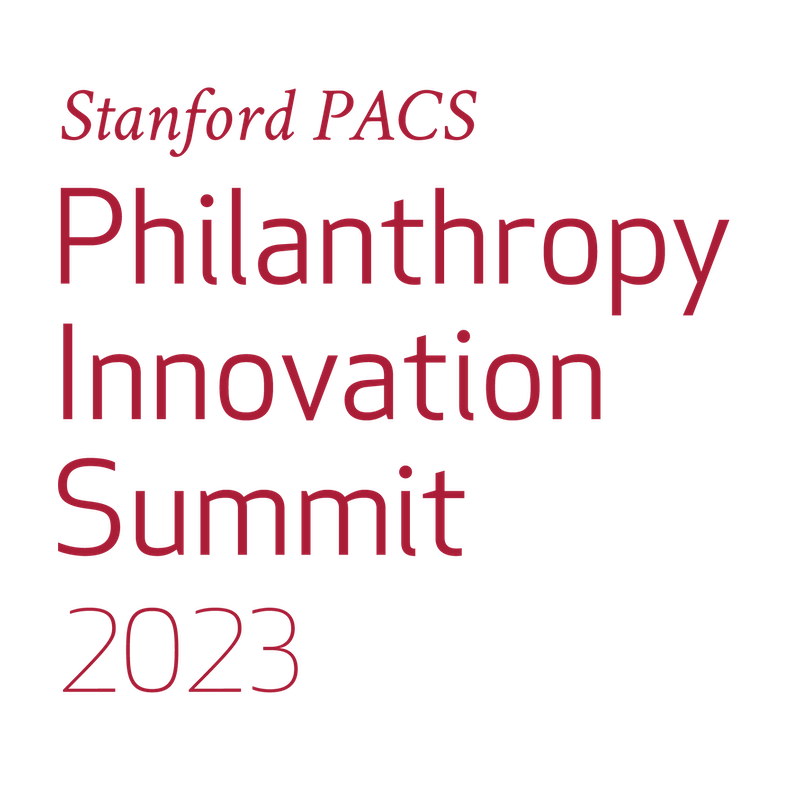
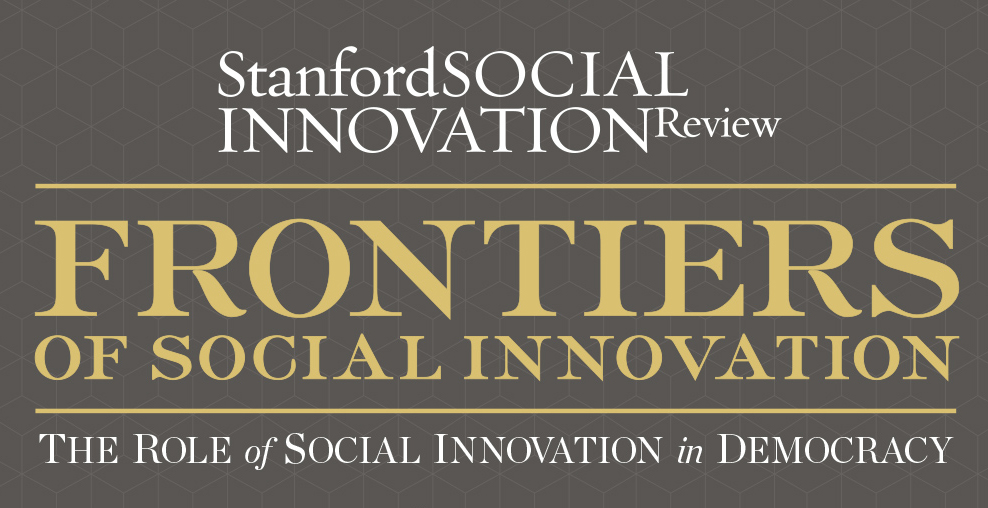
Frontiers of Social Innovation 2023
From March 14-16, our Stanford Social Innovation Review hosted nearly 300 leaders from nonprofit organizations, philanthropy, academia, business, and government from around the world for this virtual conference exploring what democracy means in the context of civil society, economics, and political philosophy. Speakers included Angela Glover Blackwell, Xavier de Souza Briggs, Gillian Caldwell, Larry Diamond, Cheryl L. Dorsey, Sarita Gupta, Ibram X. Kendi, Larry Kramer, Vu Le, Sepideh Moafi, Bhaskar Sunkara, Nick Tilsen, and many others.
Data on Purpose 2023: Making Tech Work for Workers
Hosted in partnership with the Ford Foundation, this complimentary virtual conference welcomed more than 2000 participants over two days in May to explore the impacts of new technology on labor, and envision what is needed to build a better, more worker-centered digital economy. Topics included generative AI, worker-led innovation, surveillance “bossware,” the gig economy, pro-labor policy and investments, and more.
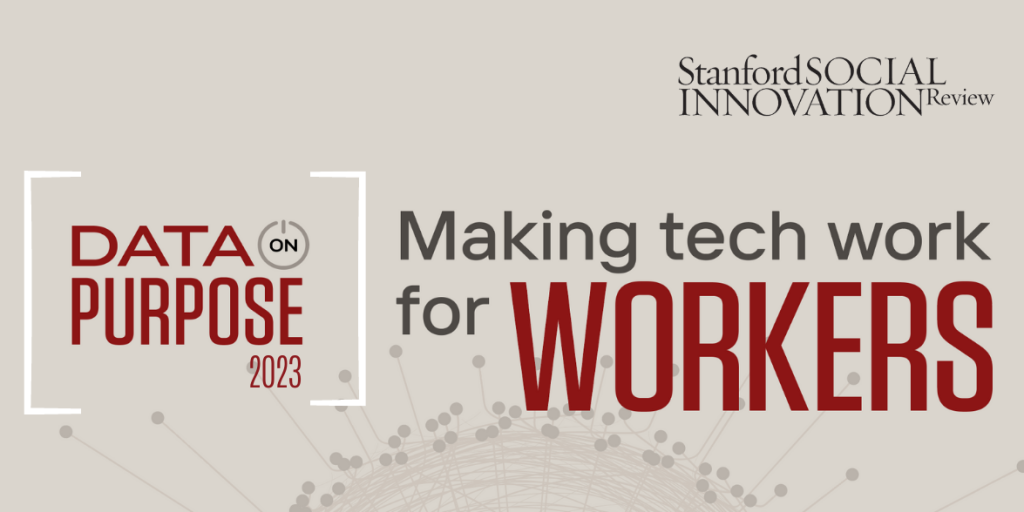
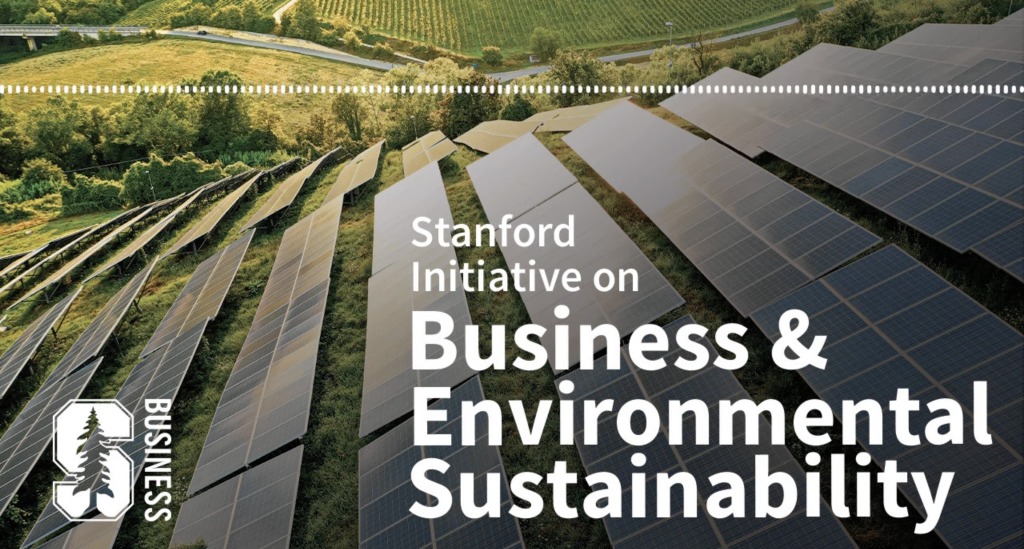
Civil Society and Sustainability Conference
Led by Faculty Co-Director Patricia Bromley and Interim Director of Research and Scholar Programs Karina Kloos, this research-focused academic conference hosted speakers and presenters across a broad range of fields to explore the role of civil society in global sustainability efforts. Convened as part of the Stanford Initiative on Business and Environmental Sustainability (SIBES) Research Conference Series, this new conference aims to strengthen the scholarship and community of scholars that provide a knowledge base for supporting and amplifying civil society activities for sustainable development.
Program on Democracy and the Internet Seminar Series
Over the Winter and Spring quarters, our Program on Democracy and the Internet (PDI) hosted weekly seminars exploring issues at the intersection of free speech, democracy, security, and digital communication technologies. Offered both in-person and online, the series drew more than 3200 participants across more than 20 seminars with scholars from Stanford and beyond. PDI is a joint initiative of Stanford PACS, the Stanford Cyber Policy Center at the Freeman Spogli Institute (FSI), and the Stanford Law School.
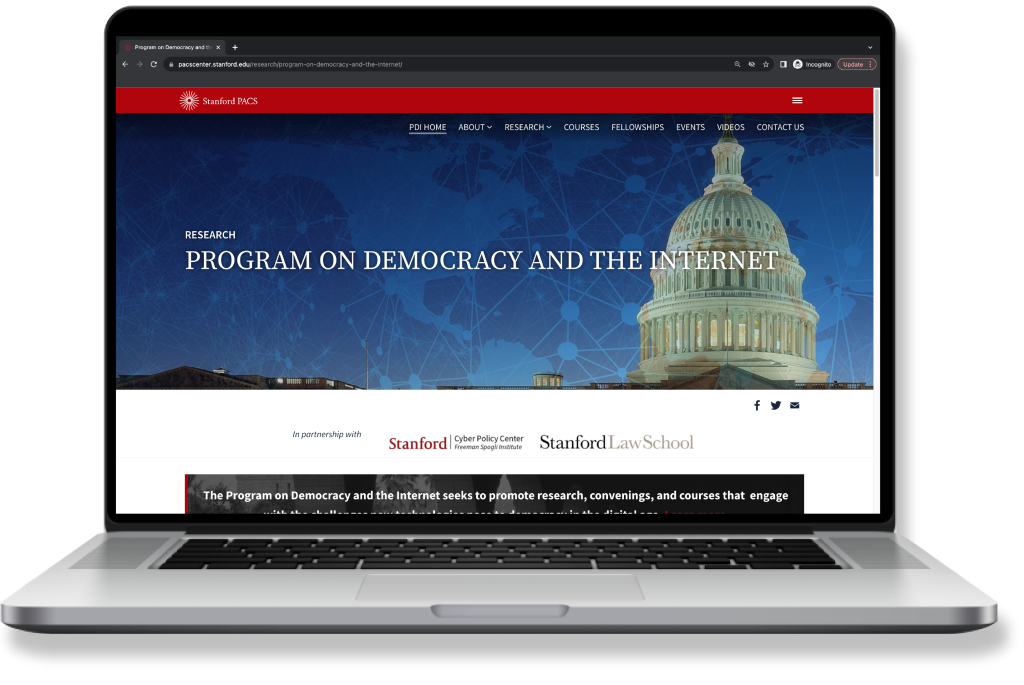

Climate and Workforce Philanthropy Salon
On June 1, Stanford PACS, in partnership with the James Irvine Foundation, Energy Foundation, and the Families and Workers Fund, convened leaders from national and California philanthropies to strategize how climate and workforce philanthropy can better collaborate to advance the clean energy transition and good, economic-mobility climate careers. Executive Director Priya Shanker joined fellow leaders in discussing catalytic levers for change, potential roadblocks for large-scale action, and how to break down silos to have significant, tangible impact.

Resources and Education
Education for Philanthropy Professionals
The Effective Philanthropy Learning Initiative hosted 25 philanthropy professionals and emerging philanthropists for this executive-style learning program held over three weeks in April. Participants learned best practices for effective philanthropy, current sector issues, and approaches to social change from scholars and leaders in the field, including Carmen Rojas, Pia Infante, Emma Saunders-Hastings, Robert K. Ross, Nick Tedesco, Benjamin Bellegy, Lukas Haynes, and others.
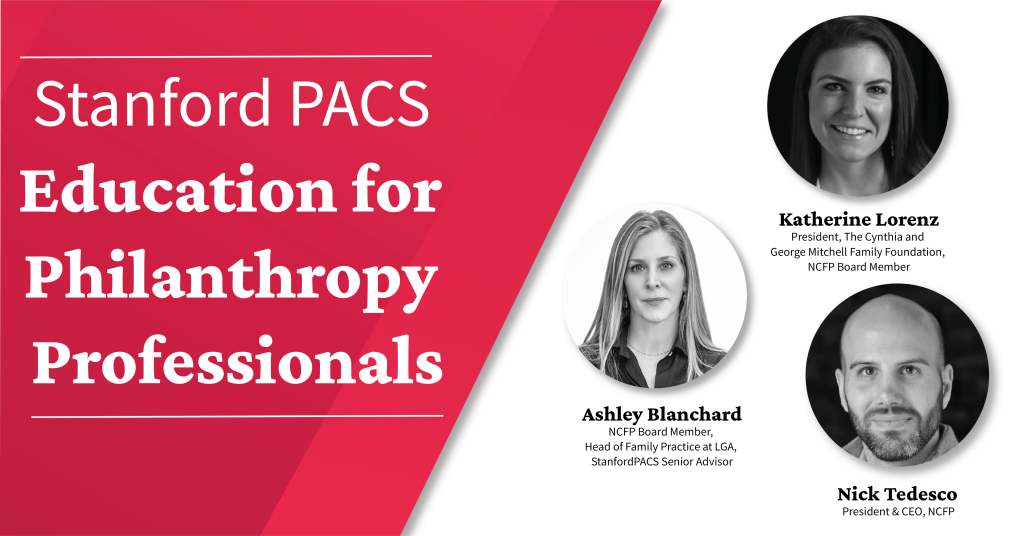
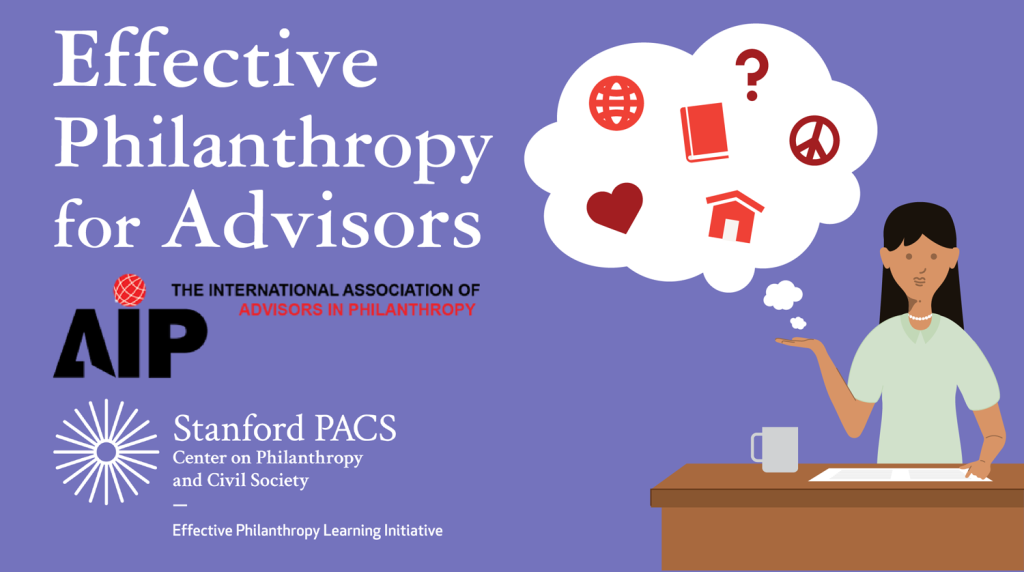
Effective Philanthropy for Advisors
In partnership with Advisors in Philanthropy, the Effective Philanthropy Learning Initiative hosted two learning opportunities for philanthropy and wealth advisors: 1) an effective philanthropy webinar in May that drew 40 participants; and 2) a two-part effective philanthropy workshop that drew 15 participants over two days in June. The participating advisors learned the core principles of effective philanthropy and how to apply them within a clear, practical planning framework with clients.
Defending Democracy at Home and Abroad
From April 11-May 30, Faculty Co-Director Rob Reich joined Michael McFaul of the Freeman Spogli Institute for International Studies and Marietje Schaake of the Cyber Policy Center to lead this hybrid Stanford Continuing Studies course exploring strategies for defending and advancing democracy in the U.S. and globally.
